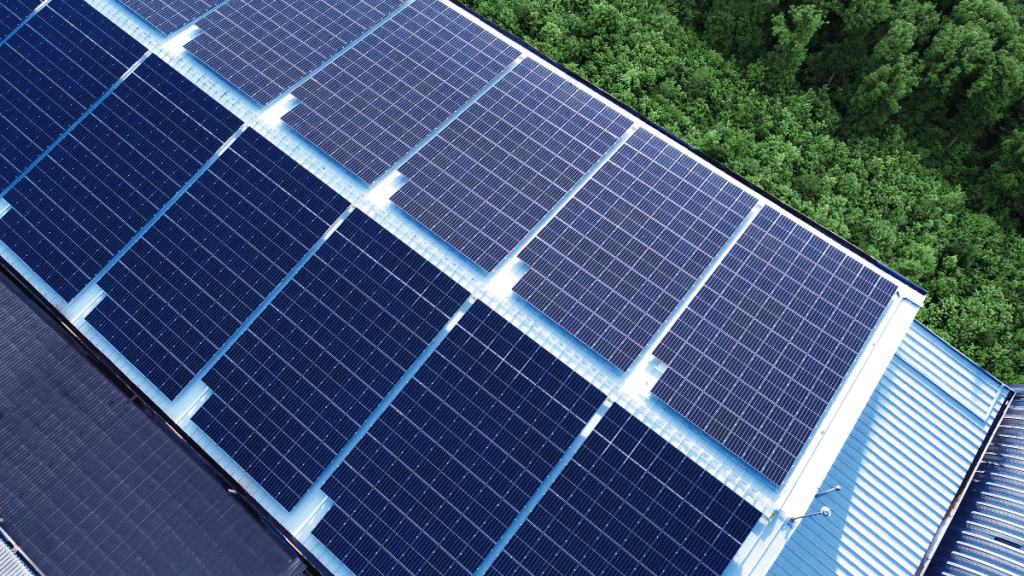In a significant development, the Karnataka Electricity Regulatory Commission (KERC) is paving the way for the implementation of regulations governing peer-to-peer (P2P) solar energy transactions through a blockchain-based platform. This move is aimed at capitalizing on the potential of decentralized energy trading, enhancing efficiency, and promoting the use of innovative technology in the state’s energy landscape.

The regulations stem from the KERC’s earlier recognition of solar rooftop photovoltaic (SRTPV) projects under self-investment by consumers. The existing framework allows for net or gross metering arrangements for injecting energy into the electricity supply companies’ (ESCOMs) grid, with the commission determining the tariff payable to prosumers.
To expedite capacity addition in SRTPV, the KERC, through its order dated December 9, 2019, acknowledged third-party investments in SRTPV projects on consumers’ rooftops. This opened the door to various business models, permitting the sale of energy under net/gross metering through power purchase agreements.

While the current SRTPV arrangements facilitate energy sale between consumers and distribution utilities, a new concept has emerged — the sale of energy directly between consumers, known as P2P solar energy transactions through a blockchain-based platform. This innovative concept allows consumers or prosumers to sell surplus power to other consumers at mutually agreed tariffs.
The P2P solar energy transaction through blockchain technology is gaining popularity due to its potential for decentralization, integration of renewable energy, efficiency, flexibility, empowerment of prosumers, cost savings, grid resilience, environmental impact reduction, technological innovation, community engagement, and regulatory evolution. The introduction of P2P transactions is expected to expedite the recovery of investments compared to existing arrangements.
The objective behind framing these regulations is to promote rooftop solar adoption, utilize existing assets efficiently, and integrate innovative technology by facilitating rooftop solar energy transactions through a blockchain-based P2P platform while ensuring a reasonable return on investments.
The proposed regulations are open for public consideration and feedback for 30 days from the date of publication in the official gazette. Stakeholders and interested individuals are encouraged to submit their objections, suggestions, or views on the draft regulations during this period.
If implemented, the regulations will apply to all distribution licensees and eligible consumers in Karnataka. They are intended to complement existing regulations related to solar rooftop power plants, grid codes, distribution codes, and technical standards for connectivity of distributed generation resources.
According to the proposed regulations, distribution licensees are mandated to provide gross or net metering arrangements to eligible consumers on a non-discriminatory and first-come, first-served basis. Consumers participating in P2P transactions must install grid-connected SRTPV plants as per specified capacity requirements and relevant regulations.
To engage in P2P transactions, consumers must install post-paid smart meters meeting standards specified by the Central Electricity Authority (CEA). Service providers will utilize data from distribution licensee meters to capture P2P transactions for billing purposes and reconcile scheduled transactions with actual P2P platform transactions. The KERC reserves the right to issue directions and orders for the effective implementation of these regulations. It may also relax certain provisions based on its discretion, ensuring a balance between regulatory requirements and the evolving energy landscape. The flexibility in the regulations allows for adjustments, additions, modifications, amendments, or repeal as needed, reflecting a dynamic approach to the changing energy scenario in Karnataka.
Please view the document below for more details.

